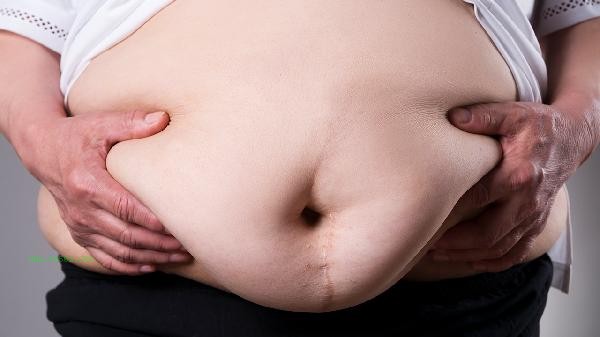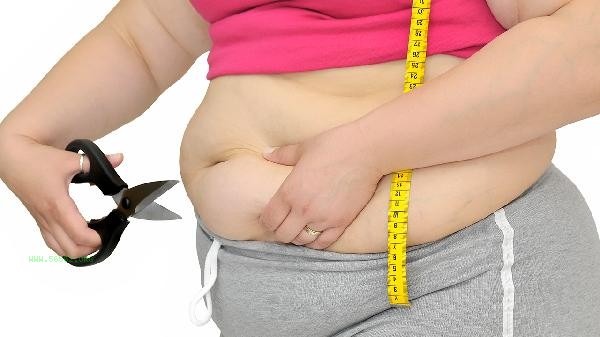Dieting to lose weight may lead to low blood sugar. The risk of hypoglycemia is related to factors such as excessive restriction of carbohydrate intake, imbalanced dietary structure, decreased basal metabolic rate, changes in insulin sensitivity, and individual differences.

1. Insufficient carbohydrate intake:
Extreme dieting with a daily carbohydrate intake of less than 100 grams can directly reduce the source of blood sugar. The brain needs to consume 120 grams of glucose per day. Long term carbohydrate deficiency can trigger gluconeogenesis, consume muscle protein for energy, and increase the risk of hypoglycemia. It is recommended to maintain a daily intake of at least 150 grams of high-quality carbohydrates during weight loss, and choose low glycemic index foods such as oats and brown rice.
2. Nutritional imbalance:
Simply controlling calories while ignoring the three major nutrient ratios can easily cause blood sugar fluctuations. Insufficient protein intake can reduce liver glycogen storage capacity, while excessive fat may induce insulin resistance. The reasonable ratio is 45% -55% carbohydrates, 20% -30% proteins, and 25% -30% fats. Each meal is accompanied by dietary fiber to delay sugar absorption.
3. Metabolic adaptation response:

Continuous calorie deficit can cause a 15% -30% decrease in basal metabolic rate, and the body actively reduces blood sugar consumption. At this time, the same dietary pattern is more likely to cause pre meal hypoglycemia, accompanied by sympathetic nervous system excitation symptoms such as dizziness and hand tremors. It is recommended to adopt a step-by-step weight loss method, with a weekly weight loss not exceeding 1% of the total weight.
4. Abnormal insulin regulation:
Eating after long-term hunger may cause reactive hypoglycemia. Long fasting time can lead to delayed insulin secretion and a sudden drop in blood sugar 3-4 hours after meals. It is recommended to adopt a small quantity multi meal mode, with 5-6 meals per day, with an interval of no more than 3 hours between each meal, to maintain stable blood sugar levels.
5. Individual difference factors:
People in pre diabetes, patients after gastrointestinal resection, hyperthyroidism and other special groups are more prone to diet related hypoglycemia. A week before a woman's menstrual period, an increase in progesterone can enhance insulin sensitivity, so it is necessary to increase carbohydrate intake appropriately. It is recommended that high-risk individuals undergo OGTT glucose tolerance testing before losing weight.

Scientific weight loss should avoid daily calorie intake below the basal metabolic rate. Adult women should not consume less than 1200 calories per day for a long time, and men should not consume less than 1500 calories per day. Recommend the Mediterranean diet pattern combined with resistance training, which can maintain blood sugar stability and improve fat loss efficiency. When experiencing symptoms of low blood sugar such as palpitations and cold sweats, immediately supplement with 15 grams of fast carbon, such as 1 spoonful of honey. In severe cases, seek medical attention for organic diseases. Regularly monitor fasting blood glucose in the morning and 2-hour postprandial blood glucose, maintaining the values within the safe range of 3.9-7.8mmol/L.




Comments (0)
Leave a Comment
No comments yet
Be the first to share your thoughts!